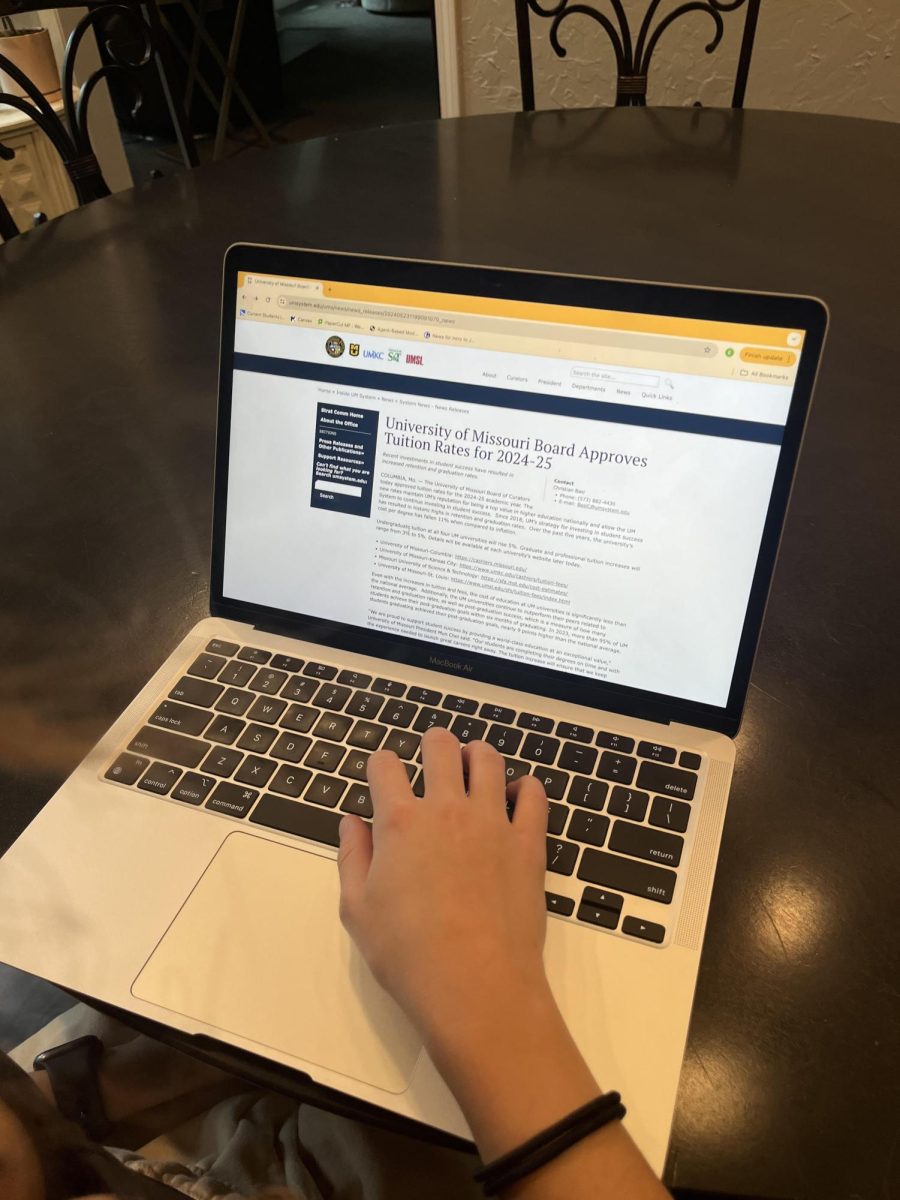A couple months ago, when the tragic murders of George Floyd, Breonna Taylor and Ahmaud Arbery converged in a wave of Black Lives Matter protests across the country, there was a push within online literary communities to promote and support Black authors. While I thought the idea was wonderful, I was also, naively, confused. Had people just not been reading Black authored books?
The answer, of course, was yes, and I should’ve known better. The only reason my own reading is diverse is because a couple years ago I kept statistics of the genders, genres and ethnicities of the authors of the books I read. This resulted in me actively pushing myself to read books by authors of other ethnicities. Basically, as a white person, diverse reading became a practice for me, as all anti-racist endeavors must be conscious practices for white people. Even the fact that I was confused about the ignorance of Black-authored books signals that I need more practice.
The other day at work, I was discussing books with a couple of my coworkers. Not the textbook kind, which surrounds us at the bookstore, but the recreational kind. I can’t remember why my coworker was talking about afrofuturism, but she was, expounding on the way race is presented in that genre. I tuned in when my other coworker asked, “Is race ever defined in literature?”
I looked at him, surprised. “Yes,” I said, scanning a cart of rental returns until I spotted Colson Whitehead’s The Nickel Boys, one of the few good novels we sell in the textbooks section at the bookstore. (I don’t know what class is reading that book, but I love Whitehead.)
I grabbed the paperback book, a little jealous because my copy is hardback, and pointed to the summary, where it declares the main characters are Black.
That book, however, is by a Black author. I started wondering about characters’ races in white-authored novels. I started wondering if they defined race so clearly.
These conversations got me thinking about a majority of the white-authored books I’ve consumed and enjoyed, both as a child and now. How many times did those writers define the race of their characters, like Whitehead does? Looking back, characters’ races were almost never explicitly defined, although straight hair and other white features were often mentioned. If a character’s race was defined, they were most likely a side character, and a startling amount of times, their race was mentioned as the set up or punchline to a joke.
Perhaps the books that define the race of BIPOC characters but not white characters are worse than the ones that make no mention of any characters’ race at all; perhaps they are the same level of bad, just in different ways. But books that fail to define characters as white while mentioning other characters’ races do something extremely harmful: they set up white as being the standard, and any other race as being exotic.
Personally, the scariest thing about this is that I never questioned those characters’ races, never asked why the author didn’t say what race they were. Those characters were white, because to me, white was normal. I was complicit.
Now, I have dedicated myself to writing fiction (and opinion essays), and I hold the same power as those white writers. I write about race. Race in America is interesting to me, the thing I care most about studying and fighting, and that in itself is a privilege. I have the privilege of choosing to study race. BIPOC people have to live with racism all the time.
As white writers, we have a duty to our audience to define the race of our characters. Simply wanting a character to be relatable to everyone is not a reason not to define their race, because people in this country have drastically different experiences. Being abstract about it won’t cut it – the white reader will not read your “raceless” character and make them a Black person, or a Latinx person, or an Arabic person. Your white reader will not notice that you didn’t mention the character’s race, and they will make your character white, whether you intended them to be that way or not. This is evidenced by the continuous white-washing in Hollywood book adaptations, or the backlash of expectant fans the few times that Hollywood breaks the white-washing mold.
You can write white characters, but tell us that your characters are white. Don’t play into the truth that we’d assume that. Don’t treat white as default. And if, as a white writer, you write characters that you see as Black, or Latinx, or Asian, or Indiginous, tell your audience. Get some beta-readers and write respectfully, but tell us your characters’ race. BIPOC people already know the importance of representation. The people you’re preaching to are white, and they need to be pushed.
I am a white reader. I am a white writer. In both of these practices, I know I’ve been complicit in upholding white supremacist ideals (as they are in all white people in America). In both of these practices, I feel I have the responsibility to dismantle the white supremacist ideals implanted in me. As a white reader, as a white writer, I have the privilege to make the choice to care.
White reader, white writer, I’m asking you to make the choice with me.












